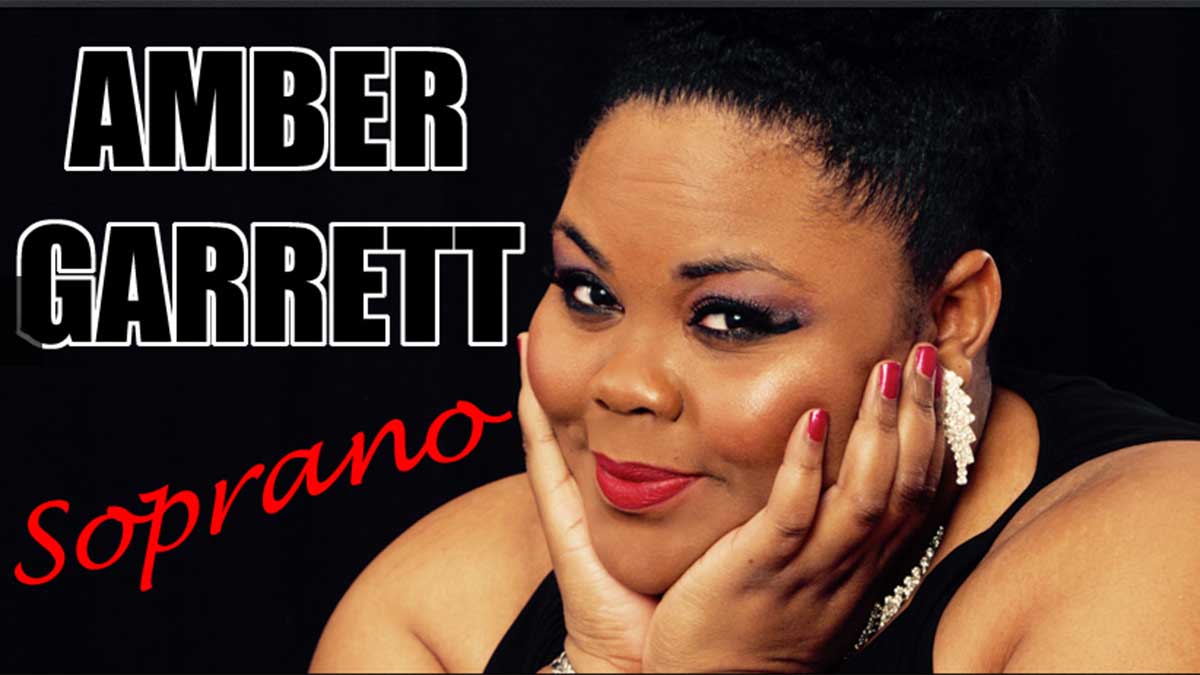Last weekend the Virginia Symphony Orchestra performed Songs of Freedom under conductor Benjamin Rous at the TCC Roper Performing Arts Center. Songs of Freedom celebrated spirituals from the Underground Railroad and the strength and hope they ignited in African Americans seeking freedom from slavery and discrimination. Seats were filled with symphony newbies, long-time fans, and hundreds of kids from local schools.
The program began and ended with movements from William Grant Still’s Symphony No. 1, also known as the “Afro-American Symphony.” This symphony was the first one penned by an African American composer to be performed by a major symphony orchestra in the United States. The VSO sounded scrambled at times during the third movement, but quickly coalesced with more accuracy by the second song on the program, Deep River. Bass Gregory Gardner lacked requisite breath support and resonance during this piece; later in the evening, Gardner sounded more comfortable with soprano Amber Garrett in the fast-paced duet Didn’t My Lord Deliver Daniel?
The concert offered a mix of genres and instrumentation. James Curnow’s arrangement of the folk song Follow the Drinking Gourd was a striking addition to the program, and highlighted a handful of soloists from the orchestra, including Principal Violist Beverly Kane Baker and Concertmaster/Violinist Vahn Armstrong. The brass section took on renditions of Sometimes I Feel Like a Motherless Child and a pop-oriented Wade in the Water. Amber Garrett persuaded the audience to sing along during a number of the spirituals, adding an interactive element certain to keep new audience members hooked. The orchestra’s jazzed-up Joshua Fit De Battle of Jericho was toe-tapping and rousing.
As always during VSO at Roper concerts, Rous took questions from the audience via Twitter in the second half of the program. Dr. Cassandra Newby-Alexander, professor of history and interim dean of the College of Liberal Arts at Norfolk State University, lectured on the history of African American spirituals. Spirituals not only offered a means of escape, but alsocrafted a sense of community. Many spirituals contained coded messages in their lyrics; some referenced plans for escape, while others offered veiled instructions for finding a “conductor,” according to Newby-Alexander’s essay in the program notes.
Formed through a partnership with Tidewater Community College, the VSO at Roper Series aims to not only engage and educate audiences, but spark conversations that continue after the drive home. Newby-Alexander’s presentation and the potpourri of music featured throughout the evening met this mission, but one performer, soprano Amber Garrett, cemented the show as not only enlightening, but musically sublime.
Amber Garrett’s robust, connected voice and intense conviction make her a thrilling artist. Conductor Benjamin Rous’s dramatic, operatic arrangement of Go Down Moses brought distinct energy to the spiritual’s timeless words, and served as a tremendous vehicle for Garrett’s stunning voice. According to Rous, Go Down Moses has a local tie - it was at Fort Monroewhere African Americans took refuge during the Civil Warthat the music was first written down.
The Virginia Symphony Orchestra achieved a captivating performance of spirituals last weekend; struggle, injustice, communal hope, dreams, and above all, unwavering endurance pinged through the notes of songs that changed and saved lives.
Next up for the Virginia Symphony Orchestra is Classics from Chopin and Brahms, February 23 through 25. Visit virginiasymphony.org for tickets and more information.

